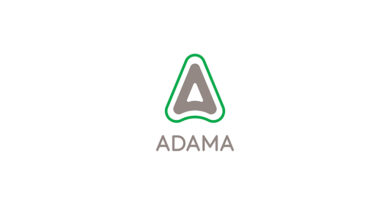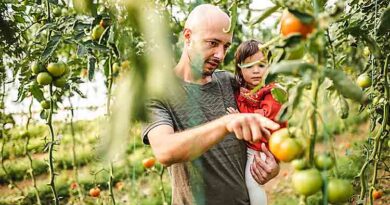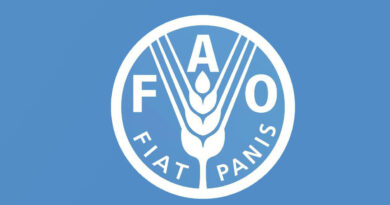Biosecurity New Zealand responds to rising passenger volumes
10 April 2023, New Zealand: Biosecurity New Zealand’s officers screened 1,391,641 arriving air passengers in the first 3 months of 2023, compared with 97,810 for the same period in 2022.
There has also been more cruise ship passengers following the reopening of maritime borders last year – more than 100,000 between January and March.
Mike Inglis, Biosecurity New Zealand’s northern regional commissioner, says officers seized 24,677 risk goods from arriving air passengers in the first quarter of 2023, including 2,347 undeclared items.
“Our officers issued 1,693 infringement notices ($400 fine) – 46 were issued between January and March last year. We have been working vigilantly to ensure the strong rebound in passenger traffic does not lead to the entry of damaging pests or diseases like brown marmorated stink bug, Queensland fruit fly, or foot and mouth disease (FMD),” says Mr Inglis.
“To manage these risks, officers continue to screen every passenger who arrives as part of our multi-layered biosecurity system, which includes questioning by officers, checking of baggage, use of x-rays, and dogs.”
“One of the more unusual seizures involved a passenger from Australia who declared a bag of live yabbies (freshwater crayfish) at Auckland Airport. Another passenger received a serious reprimand after a detector dog sniffed out a sprouting onion in her handbag.”
Mr Inglis says Biosecurity New Zealand is working with airport companies, airlines, and other border agencies to introduce a range of measures to ensure passengers are processed as quickly as possible on arrival while maintaining strong biosecurity protection.
The measures include introducing express lanes for arriving passengers who are assessed as a low biosecurity risk by an experienced officer.
“We have also recruited new frontline officers. Last year, 64 new officers started nationwide, and we plan to introduce nearly 50 new officers to the Auckland region this year,” says Mr Inglis.
Other initiatives to streamline passenger flows include increasing the number of risk assessment podiums at Auckland Airport, redesigning biosecurity lanes to allow more efficient processing of low-risk passengers, rostering more officers to deal with unaccompanied/mishandled baggage, and specific measures for direct flights from Bali to prevent foot and mouth disease entering New Zealand. The FMD measures include using a dedicated biosecurity lane and baggage carousel at the airport, and footbaths to disinfect footwear.
“We will continue to assess and balance the needs of protecting New Zealand from biosecurity risk against traveller processing and make adjustments where required. The international travel system continues to face challenges related to baggage handling (including higher rates of mishandled items), more late plane arrivals (and aircraft arriving at the same time), and greater loadings on planes than pre-COVID-19.
“Last month at Auckland International Airport, the average wait time for inbound passengers to get through the biosecurity process, (from entering the queue to exiting the arrival area), was 13 minutes and 10 seconds. While that may vary at times because of challenges across the arrival system, we must remain focused on strong biosecurity controls.”
Border biosecurity activity for January to March 2023
- 1,391,641 international air passengers went through biosecurity checks compared with 97,810 in the first three months of 2022.
- Biosecurity officers seized 24,677 items from arriving passengers, compared with 1,031 for the same period in 2022.
- Officers issued 1,693 infringement notices ($400 fine). 46 were issued between January and March last year.
- Fresh produce was the most commonly seized undeclared item in the first quarter of 2023 (1,318 items). Animal products, including meat, was the next highest (237), followed by used equipment such as footwear and tents (186).
Also Read: Need to enhance customs duty to 30% on import of all Agrochemical formulations: CCFI
(For Latest Agriculture News & Updates, follow Krishak Jagat on Google News)















